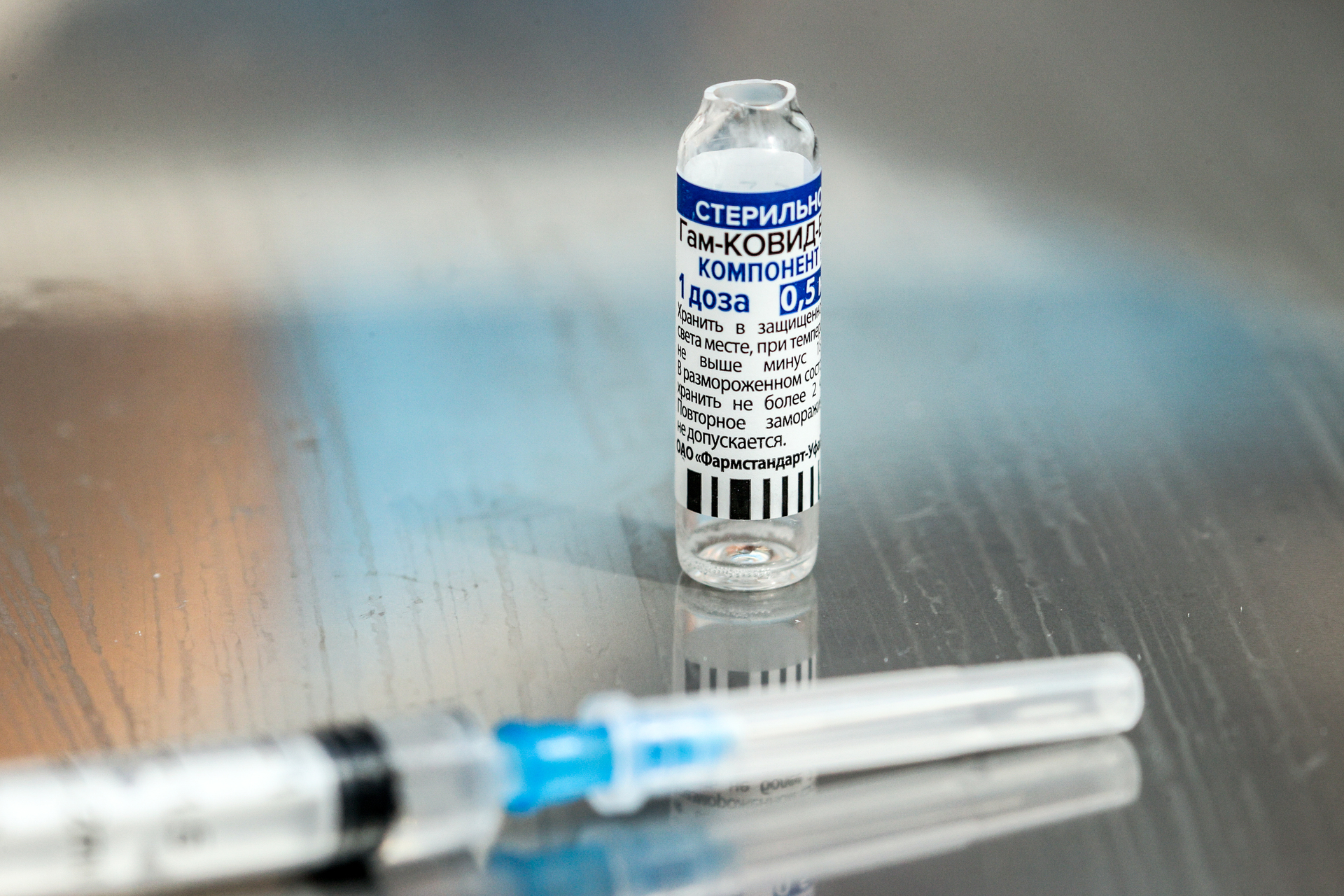In St. Petersburg, from October 30 to November 7, as a measure to combat the spread of coronavirus, the work of catering and retail facilities, except for pharmacies and grocery stores, is suspended.
The corresponding order was signed by the governor of the city Alexander Beglov.
“From October 30 to November 7, the activities of public catering establishments are prohibited (temporarily suspended) (with the exception of take-out and delivery services, catering at railway stations, gas stations, as well as industrial canteens);
activities of retail facilities, ”the document says.
In addition, the city is suspending the work of beauty salons, spas and massage parlors, veterinary clinics (excluding emergency services), fitness centers, swimming pools, water parks, zoos (excluding areas located in the open air).
Children's playrooms and libraries will also be closed.
The provision of services at the MFC, sports and cultural events are suspended.
“Accommodation of citizens in hotels, boarding houses, rest houses, sanatorium-resort organizations, other objects of sanatorium-resort treatment and recreation from October 30 to November 7, 2021 is possible only if there is a QR code or a PCR test done no earlier than three calendar days, ”the resolution says.
Also, from October 30 to November 7, at least 70% of employees of state educational institutions must switch to a remote mode of work.
A similar recommendation applies to private educational organizations.
Recall that on October 20, President Vladimir Putin signed a decree establishing non-working days in Russia from October 30 to November 7 with the preservation of wages.
The authorities of the constituent entities of the Russian Federation, if necessary, have the right to establish additional non-working days.
Restrictive measures introduced in order to slow the spread of coronavirus will be in force in the capital and a number of Russian regions during non-working days.
Meanwhile, the government decided that federal medical institutions will continue to provide high-tech and emergency care on non-working days.
"Determine the mode of operation of these organizations on non-working days ... ensuring the maintenance of a round-the-clock operating mode in relation to organizations providing specialized, including high-tech, medical care, including medical care for a new coronavirus infection," the Cabinet of Ministers said on its website.
At the same time, admission to the medical organization is carried out on the basis of a QR code or a paper document on vaccination against coronavirus, on the transferred COVID-19, or on the PCR test done, which was submitted "a day before entering the organization."
Over the past day, 35,660 new cases of coronavirus were recorded in Russia, of which the largest number was in Moscow (5279), St. Petersburg (3297) and the Moscow region (3030).
During this time, 22 784 people fully recovered, 1072 patients died.
The total number of COVID-19 cases registered in the country has reached 8,241,643. Since the beginning of the pandemic, 7,165,921 patients have recovered in Russia, and 230,600 people have died.
According to Rospotrebnadzor, the country has already conducted more than 204.7 million laboratory tests for the presence of coronavirus.
globallookpress.com
© Aleksander Polyakov
Russian regions continue to make decisions on tightening the restrictive measures introduced due to COVID-19 based on the epidemiological situation.
So, in Udmurtia, trade and service organizations during non-working days will work only by QR codes.
“Shopping and entertainment centers, catering establishments, spa salons, beauty salons, hairdressing salons, solariums, massage parlors, baths, saunas work only if the temperature at the entrance is measured and the employees and visitors have documents on vaccination or a previous illness or PCR -test received no earlier than 72 hours in advance, ”said the head of the region Alexander Brechalov on Instagram.
In Tuva, from October 30 to November 7, the work of enterprises in the service sector, trade, catering and a number of other organizations is limited.
Also, the activities of catering, non-food trade, culture, sports, services, the provision of state and municipal services and the operation of public transport in the capital of the region, Kyzyl, will be suspended.
The head of Kabardino-Balkaria, Kazbek Kokov, signed a decree on the introduction of a QR code system in the region from October 27.
The code will be required to visit catering places, theaters, museums, civil registry offices, fitness centers, beauty salons.
A similar decision was made by the authorities of North Ossetia - the QR code system will operate from October 26 until the epidemiological situation improves.
Employers were also recommended to transfer to remote work at least 30% of all employees, as well as employees over 65 years of age with chronic diseases.
The head of Karelia Artur Parfenchikov also reported about the transfer of unvaccinated employees over 50 years of age to the remote format of work, as well as the self-isolation regime for citizens over 60 years old.

